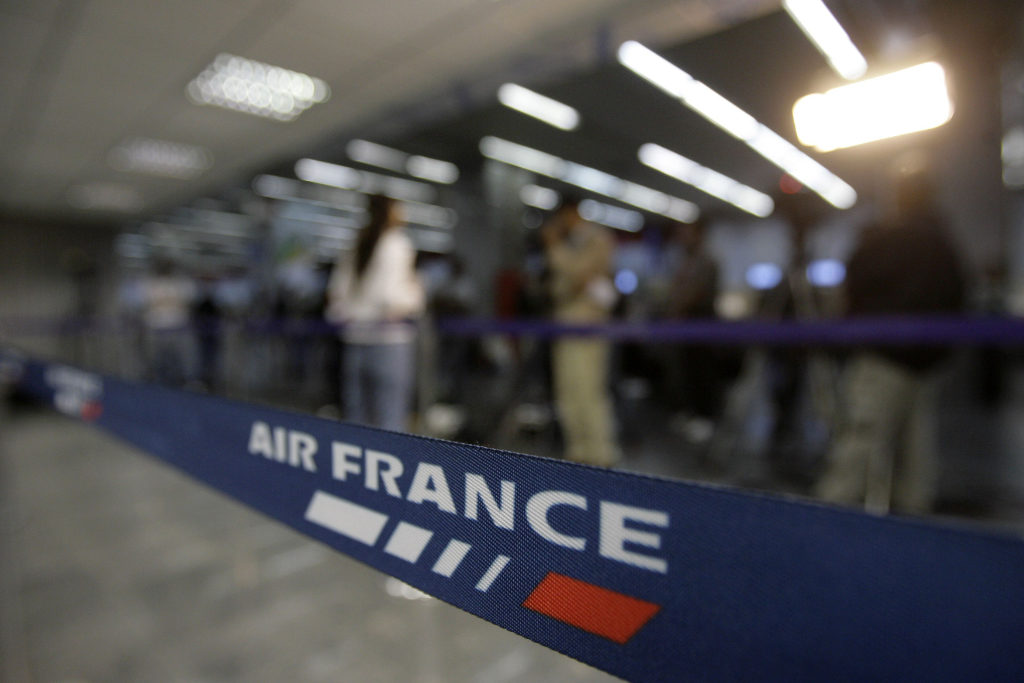Air France may stand trial in the 2009 crash of a flight from Rio de Janeiro to Paris that killed all 228 people aboard. The airline has maintained that the flight crew was properly trained and that the aircraft systems were functioning according to the standard at the time.
French prosecutors want Air France to stand trial for manslaughter in the 2009 crash of a flight from Rio de Janeiro to Paris that killed all 228 people aboard, a judicial official said Wednesday.
Prosecutors also have asked that the case against Airbus, maker of the doomed aircraft, be dropped for lack of sufficient evidence. The official wasn’t authorized to speak about the case and asked to remain anonymous.
Air France Flight 447 left Rio de Janeiro for Paris but crashed into the Atlantic Ocean on June 1, 2009. The Accident Investigation Bureau found that external speed sensors were frozen and produced irregular readings on the aircraft, which went into an aerodynamic stall.
The official said Wednesday that prosecutors also asked to drop the case against Airbus, maker of the doomed aircraft, for lack of sufficient evidence. The official wasn’t authorized to speak about the case and asked to remain anonymous.
Air France Flight 447 left Rio de Janeiro for Paris but crashed into the Atlantic Ocean on June 1, 2009. The Accident Investigation Bureau found that external speed sensors were frozen and produced irregular readings on the aircraft, which went into an aerodynamic stall. The captain also wasn’t in the cockpit.
Prosecutors cited negligence and insufficient training leading to chaos in the cockpit.
A plethora of problems appear to have doomed the flight as it traveled through turbulence. The captain was on a rest break when the emergency arose, the autopilot disengaged and the co-pilots struggled to fly the aircraft manually.
In their final summing up on Friday of the investigation, prosecutors cited negligence and insufficient training that lead to chaos in the cockpit.
They said there was a failure by the company to honor its legal obligation of prudence by insufficiently informing crews of previous incidents at play in the accident and procedures in such situations “in a context of insufficient training of pilots at high altitude … and deficient operational treatment.”
Airbus had warned pilots a year earlier about possible incorrect speed readings from the plane’s external sensors, known as Pitot tubes, but changed them only after the crash.
A report last year that was part of the judicial investigation blamed the Flight 447 pilots for failing to apply correct procedures, thus losing control of the aircraft.
A victims group, AF 447 Victim Solidarity, contested the 2018 report, saying it freed Airbus of all responsibility in the accident.
This article was written by Elaine Ganley from The Associated Press and was legally licensed through the NewsCred publisher network. Please direct all licensing questions to legal@newscred.com.







